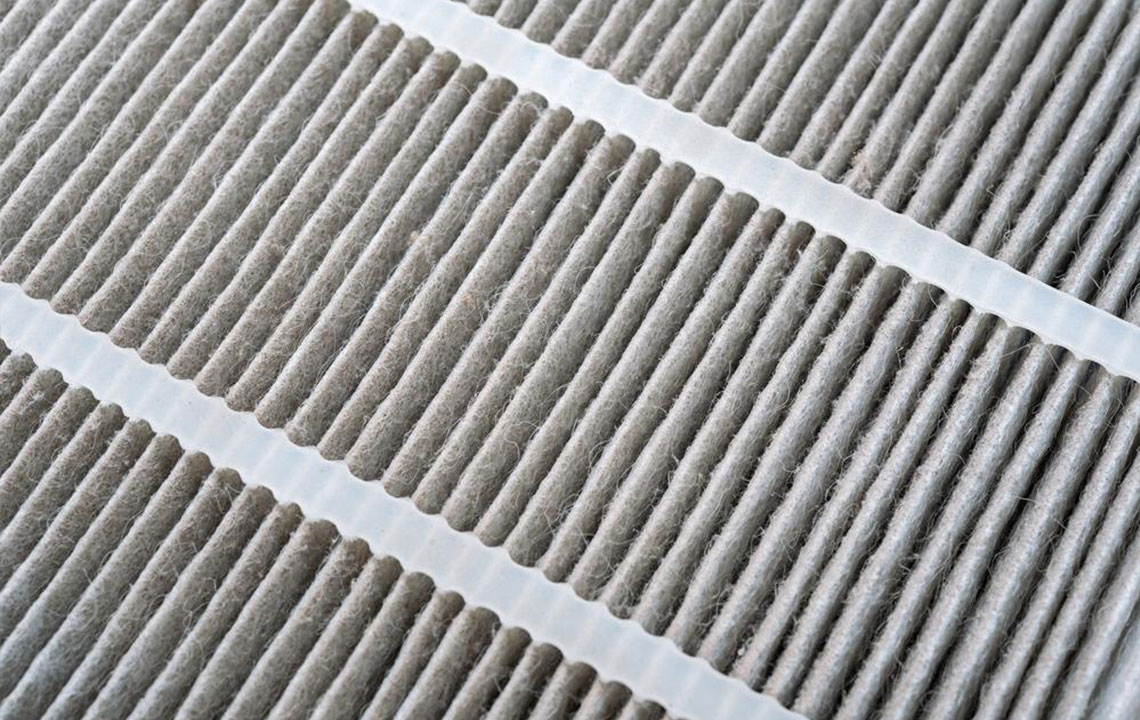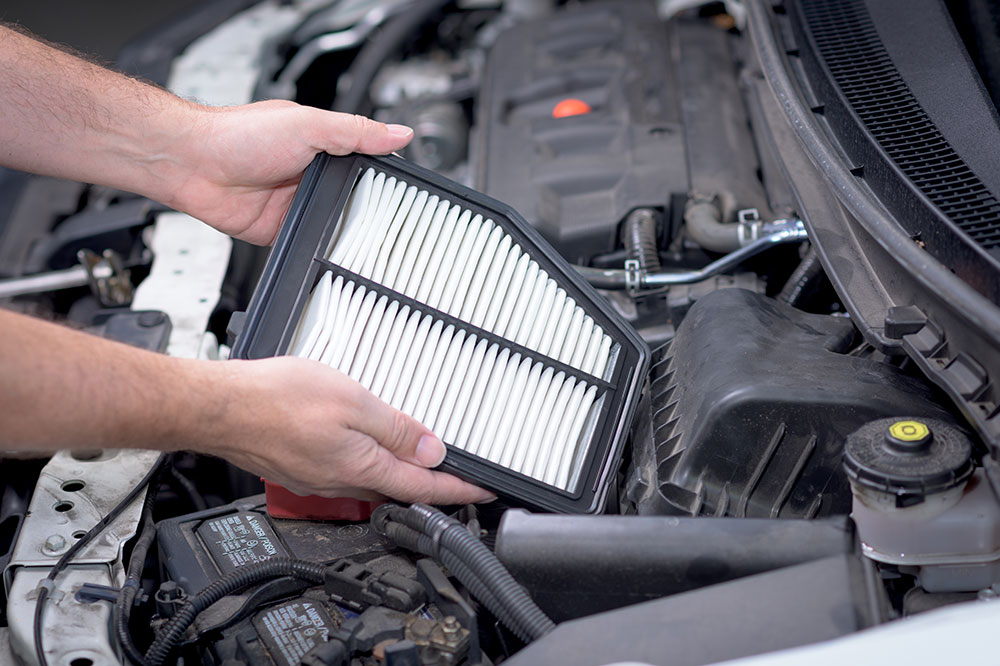Exploring Four Common Water Filtration Methods
Learn about four essential water filtration methods including activated carbon, reverse osmosis, alkaline ionizers, and UV filters. Understand how each system works to improve water quality, taste, and safety in your home. Whether you seek thorough purification or eco-friendly options, this guide helps you choose the right water treatment solution to meet your needs.

Exploring Four Common Water Filtration Methods
Many homeowners may not realize which water purification system is installed in their residence. Understanding how each system works can influence your choice. There are multiple water filtering techniques designed for specific needs. Here’s a look at four prevalent filtration methods and their roles in ensuring clean water.
Activated Carbon Filters
Known also as carbon or pre-filters, these devices remove larger particles like sediment and silt from water. The activated carbon attracts and eliminates harmful impurities, improving taste and odor of tap water.
The carbon filter’s main function is trapping contaminants and improving water quality. Additionally, it enhances the water’s flavor and eliminates unpleasant odors.
Reverse Osmosis
Reverse osmosis (RO) is a widely used filtration method known for its thorough removal of water contaminants. It produces clear, odor-free drinking water by filtering out a wide range of harmful substances.
Alkaline Water Ionizers
Often referred to as electrolysis, this process passes water over electrically charged plates, separating it into alkaline and acidic streams. It softens hard water and decreases acidity, which benefits skin health.
UV Purification
Ultraviolet (UV) filtration is a modern method that employs solar energy to reduce contaminants. While not as comprehensive as other techniques, it offers an eco-friendly option for water treatment, though some impurities may remain unfiltered.
Note:
This blog provides information across various topics, offering insights based on research and data. Readers are advised to consider the information as general guidance and not definitive. We do not guarantee the accuracy of data or completeness of offers discussed. Always verify details from sources for the most reliable information.










